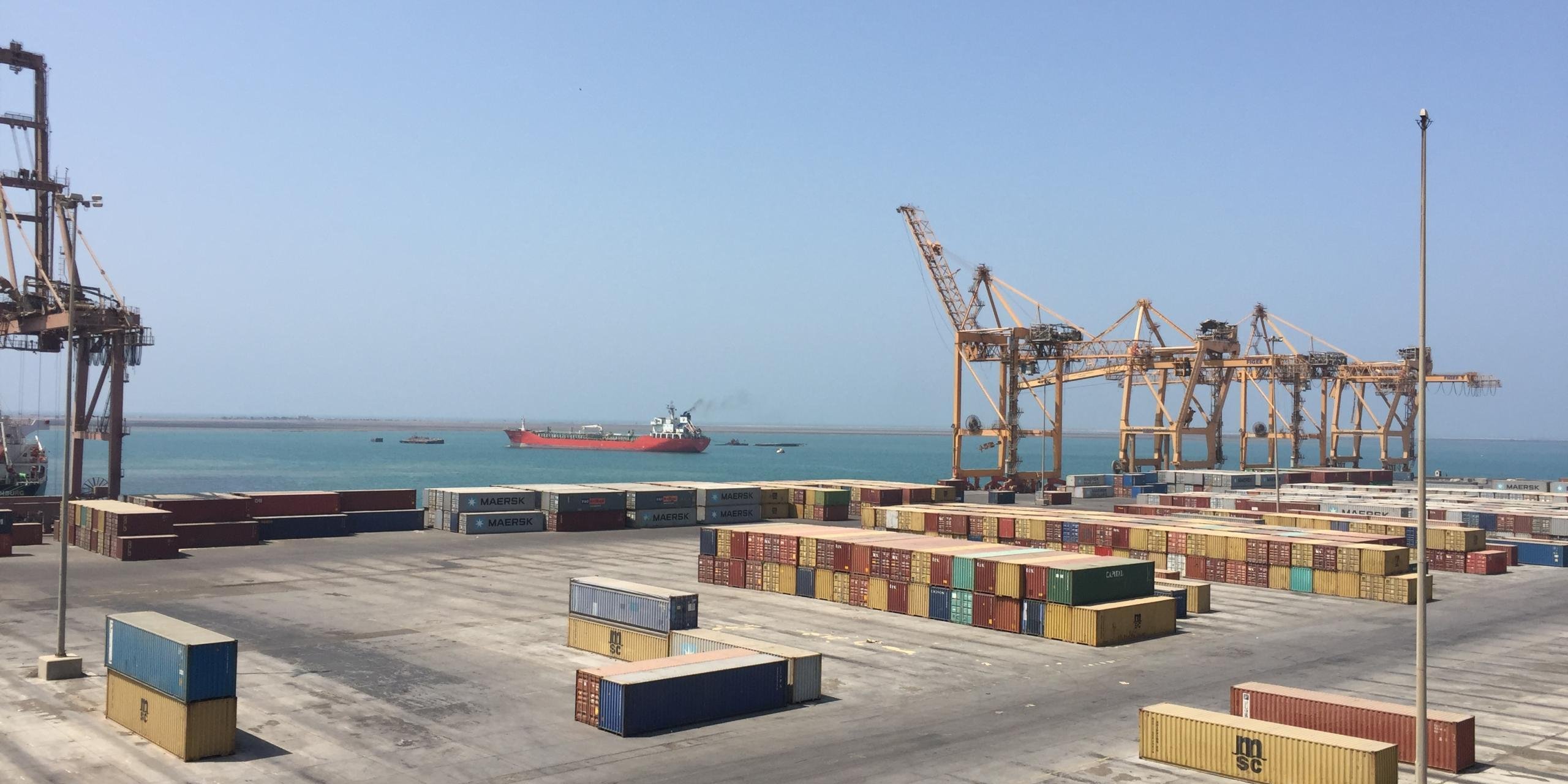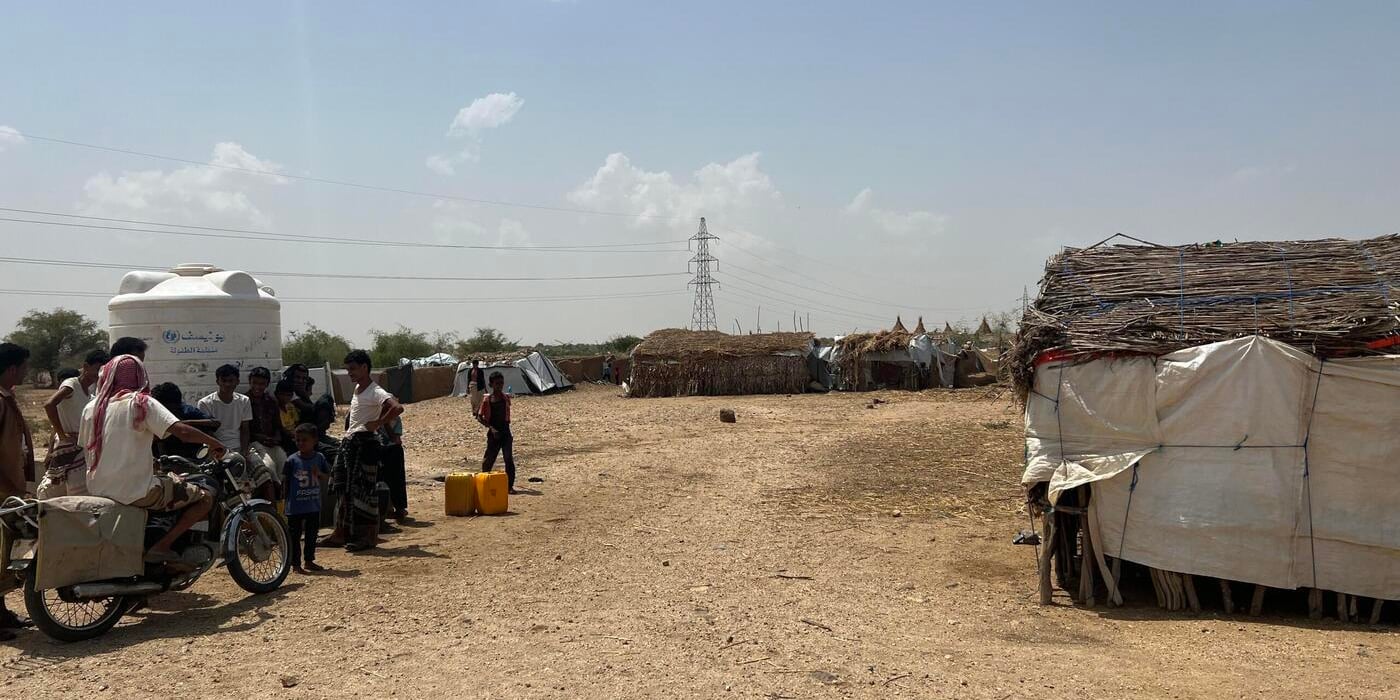
Quote fromJan Egeland, NRC Secretary General:
“Bombs destroy families every day, yet this war is still allowed to go on. Civilian are under fire from all warring factions. If the offensive sweeps into Hodeidah city, tens of thousands of civilians risk being caught in the crossfire. If fighting blocks any more major roads, it will sever the lifeline to over 20 million Yemenis who depend on supplies through Hodeidah port to survive.
The US, UK, France, Iran and all the actors engaged in this war can and must put an end to the carnage. They must call on parties to drop their arms and start peace talks now.”
Quote from NRC staffer in Hodeidah, Ibraheem Al-Hadri:
“The mood in Hodeidah is one of resignation. There is no indication that the world is going to intervene, no promises that people will be protected from an onslaught. It isn’t that Yemen is a forgotten crisis, it is just one the world chooses not to care about.”
“Many of the people left in Hodeidah city don’t have anywhere to go. They don’t have enough money to live, let alone leave. The cost of food, water and transport are now completely unpredictable; if you can afford bread on Monday, there’s no guarantee you will be able to on Tuesday.”
Latest updates:
- Fighting around Hodeidah city took on a new dimension earlier this week with the advancement of Saudi-led coalition forces to the east of the city, cutting off major overland routes between Hodeidah and Sana’a. As food and fuel are diverted by way of the last open route to Sana’a, they are forced to travel greater distances at greater expense to suppliers, contributing to inflated prices for basic commodities that mean more civilians cannot afford food and water.
- Heavy ground clashes continue in districts south and east of Hodeidah city while shelling and airstrikes continue across large parts of Sa’ada, Hajjah, Ibb and Taizz governorates.
- As fighting continues at critical junctions immediately outside Hodeidah city, residents report a fear that protracted conflict in the area will bring sustained airstrikes and shelling to their neighbourhoods. Hodeidah city has been emptied of tens of thousands of people but hundreds of thousands remain inside the city as fighting closes in.
- Humanitarian organisations have documented over half a million people that have fled homes in Hodeidah since the escalation in violence along Yemen’s west coast in early June. Humanitarian organisations are working to reach displaced families with food, water, shelter and basic supplies, but concerned that ongoing displacements will see needs outstrip available humanitarian resources.
- People in Hodeidah reported an exchange rate of YER 700 to the dollar this week, the lowest rate to date. As economic collapse interacts with shortfalls on basic commodities, inflation is leaving more and more Yemenis with no means by which to pay for food, transport or medicine. A lack of affordable food and water risks tipping millions into famine.
- While food supplies have continued through Hodeidah port through September, the amount of fuel discharged reflects only 21 per cent of the amount required, causing shortages that threaten transport, water pumps and hospital generators. Fuel shortages across Yemen have pushed prices up by as much as 300% over the past month in some parts of the country.


